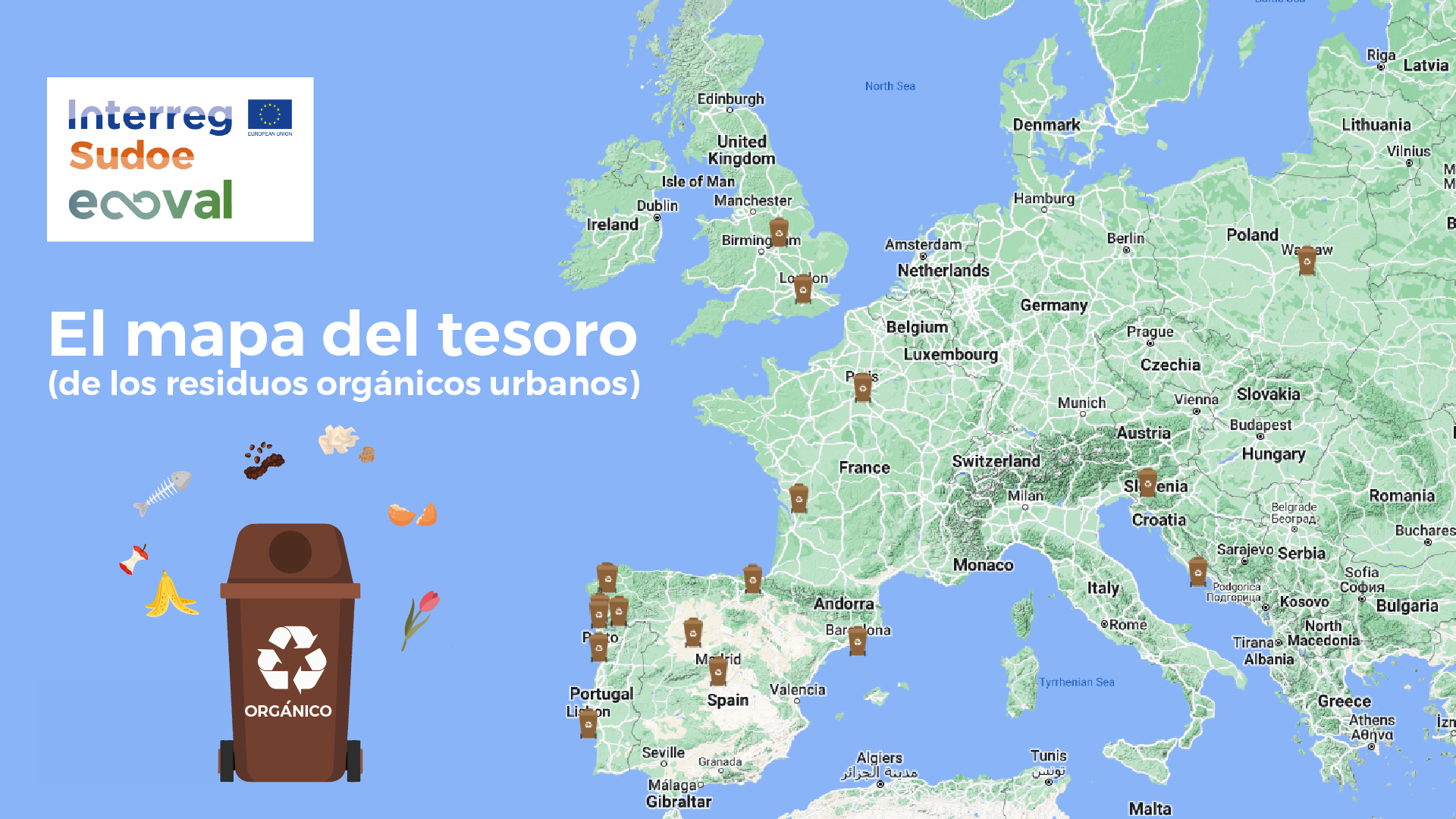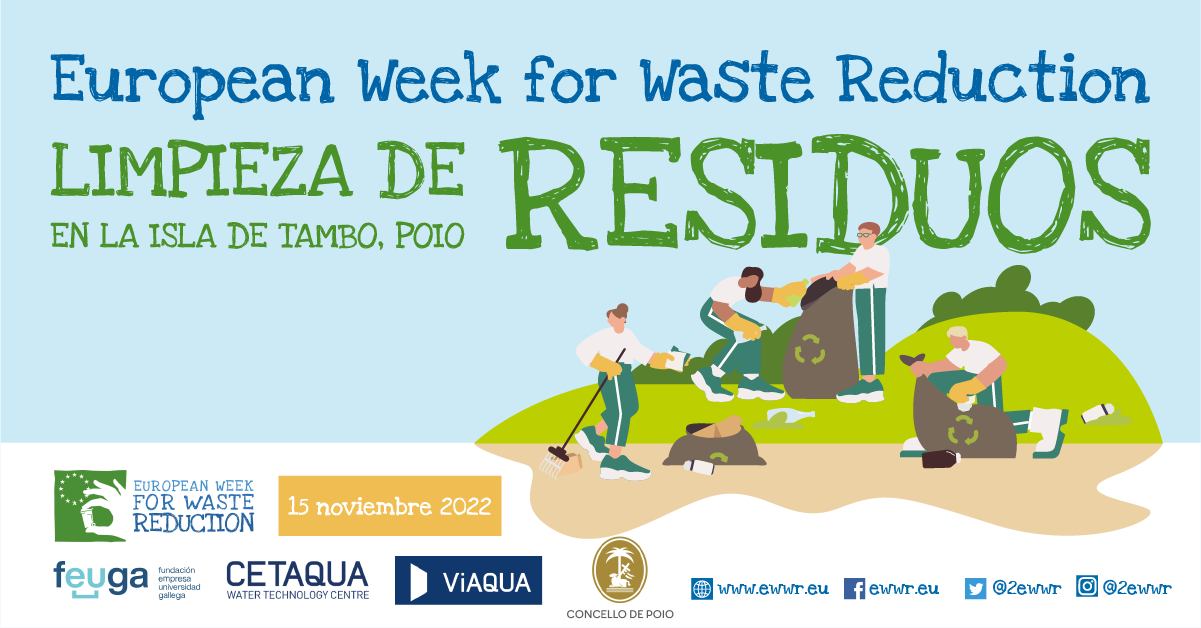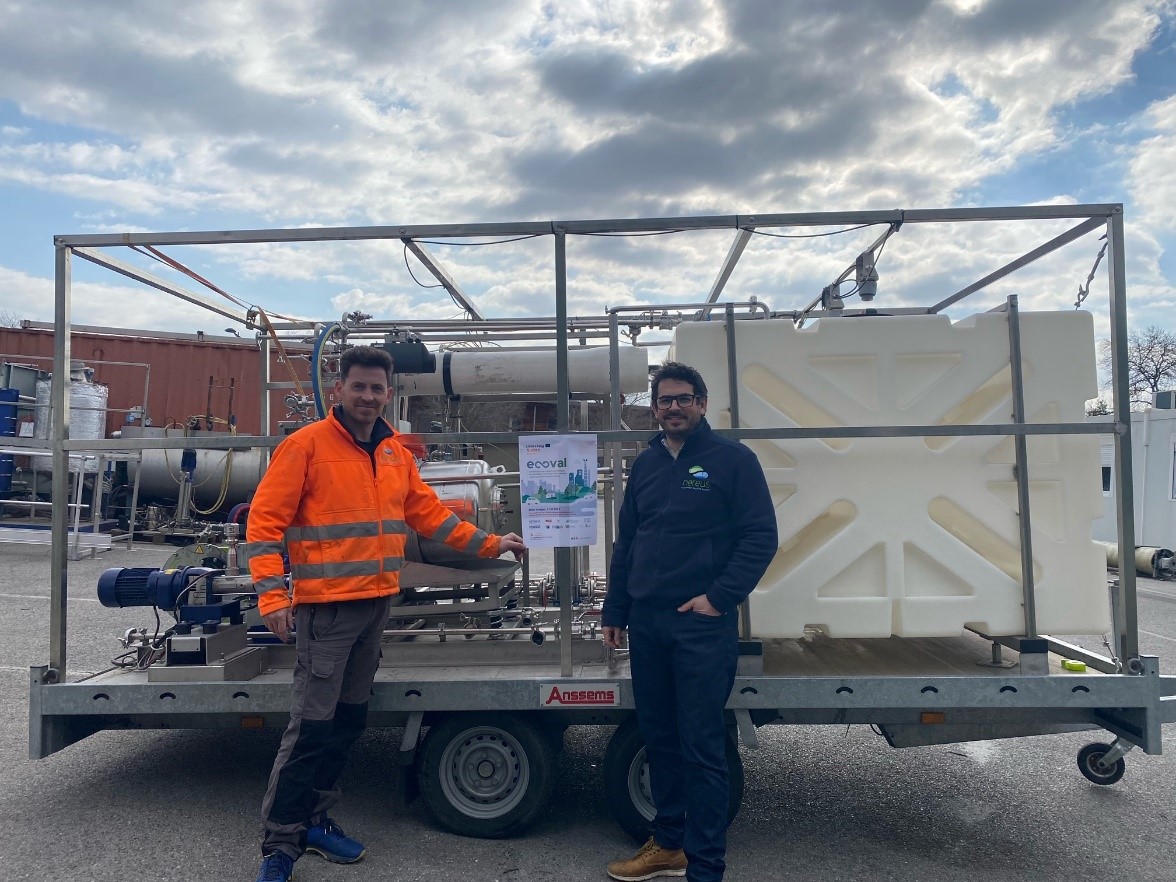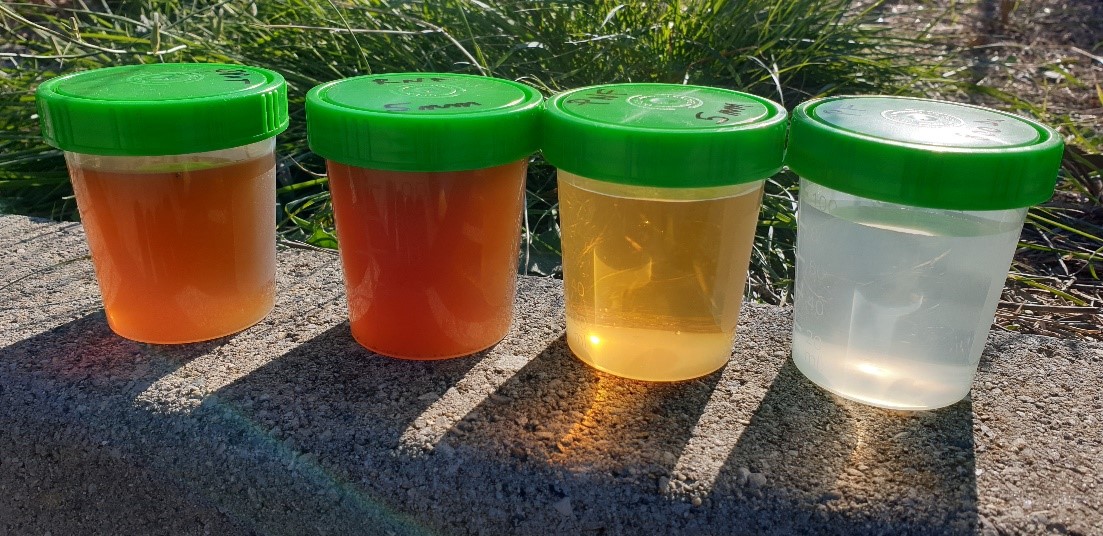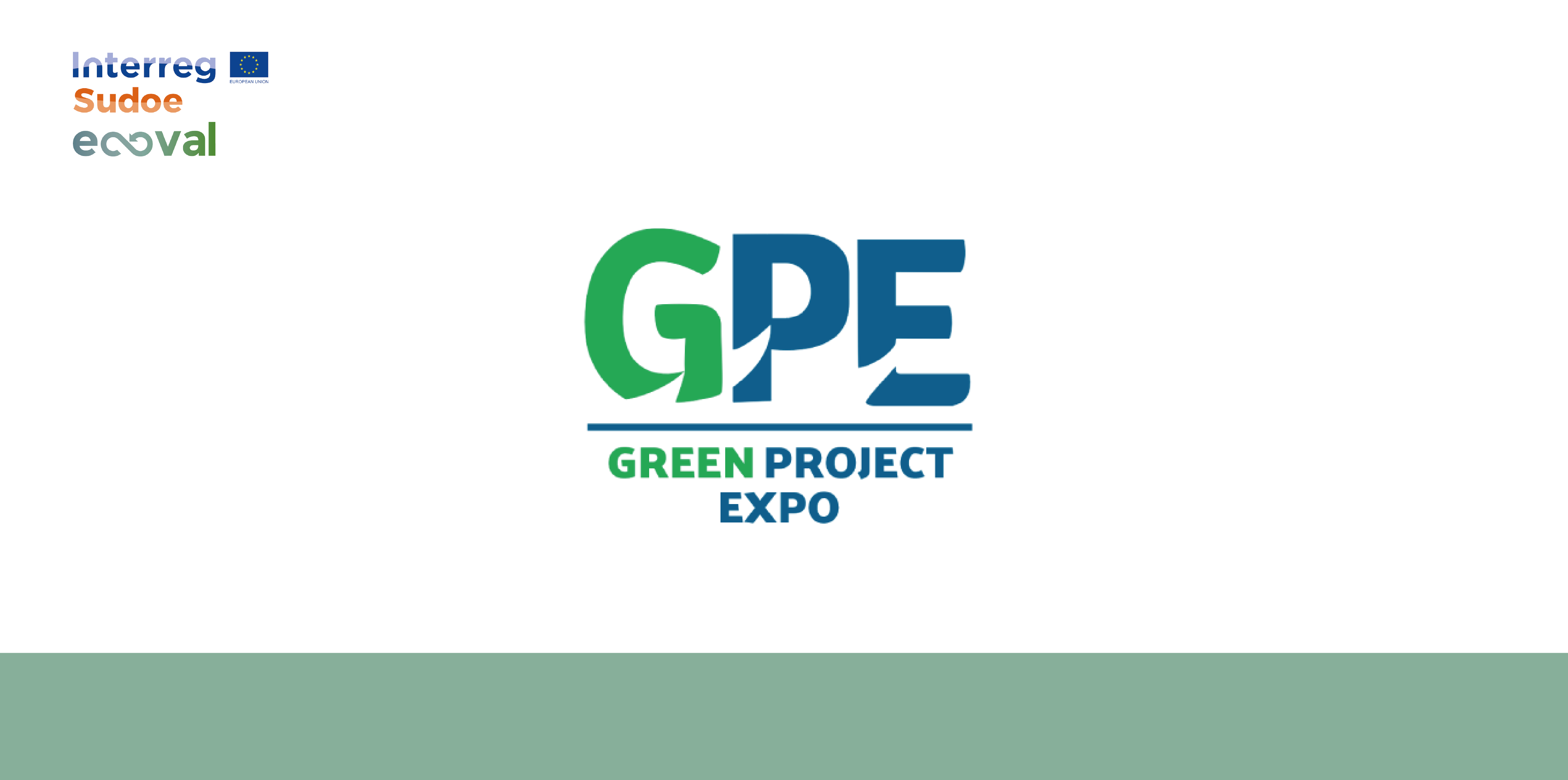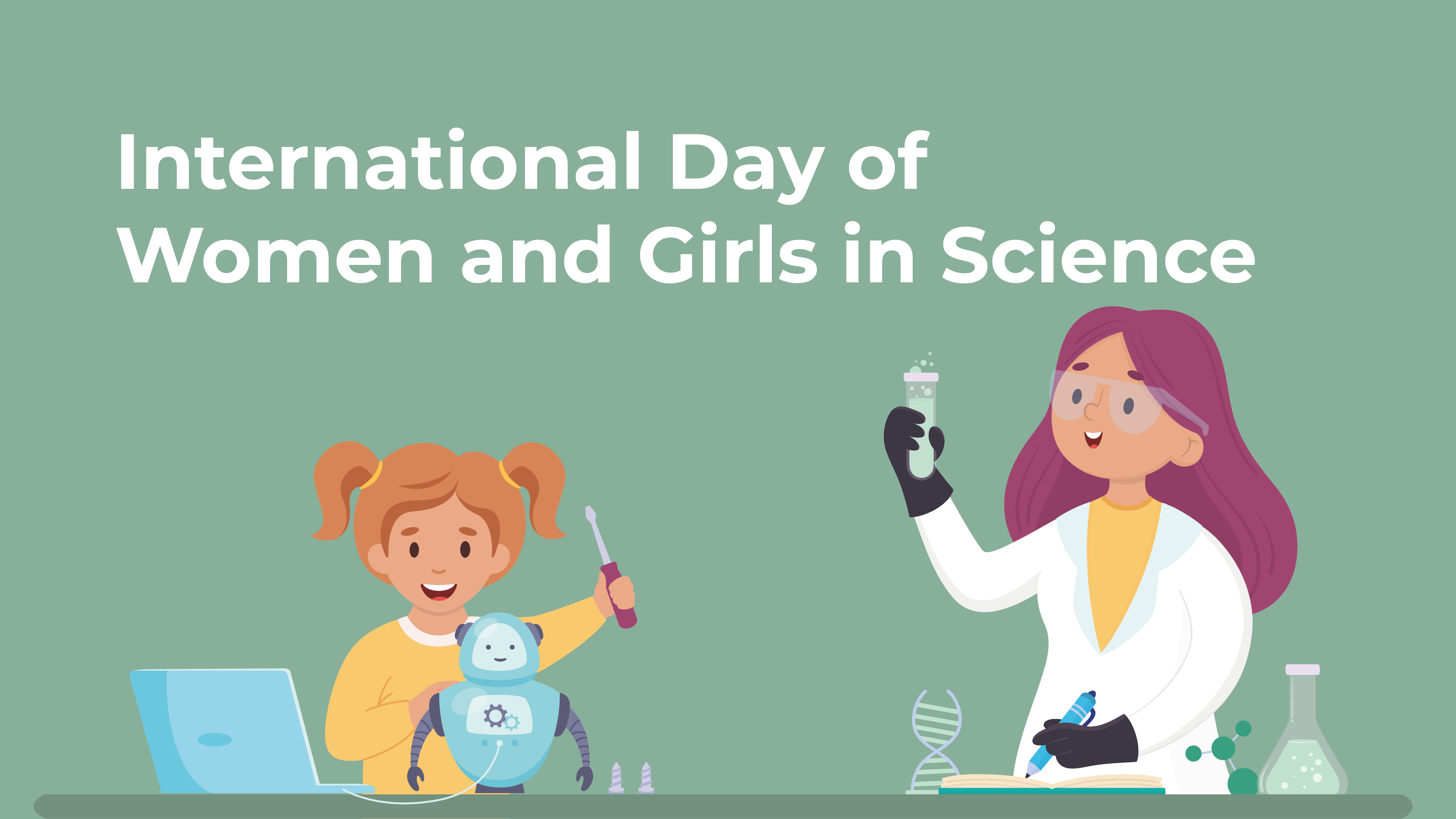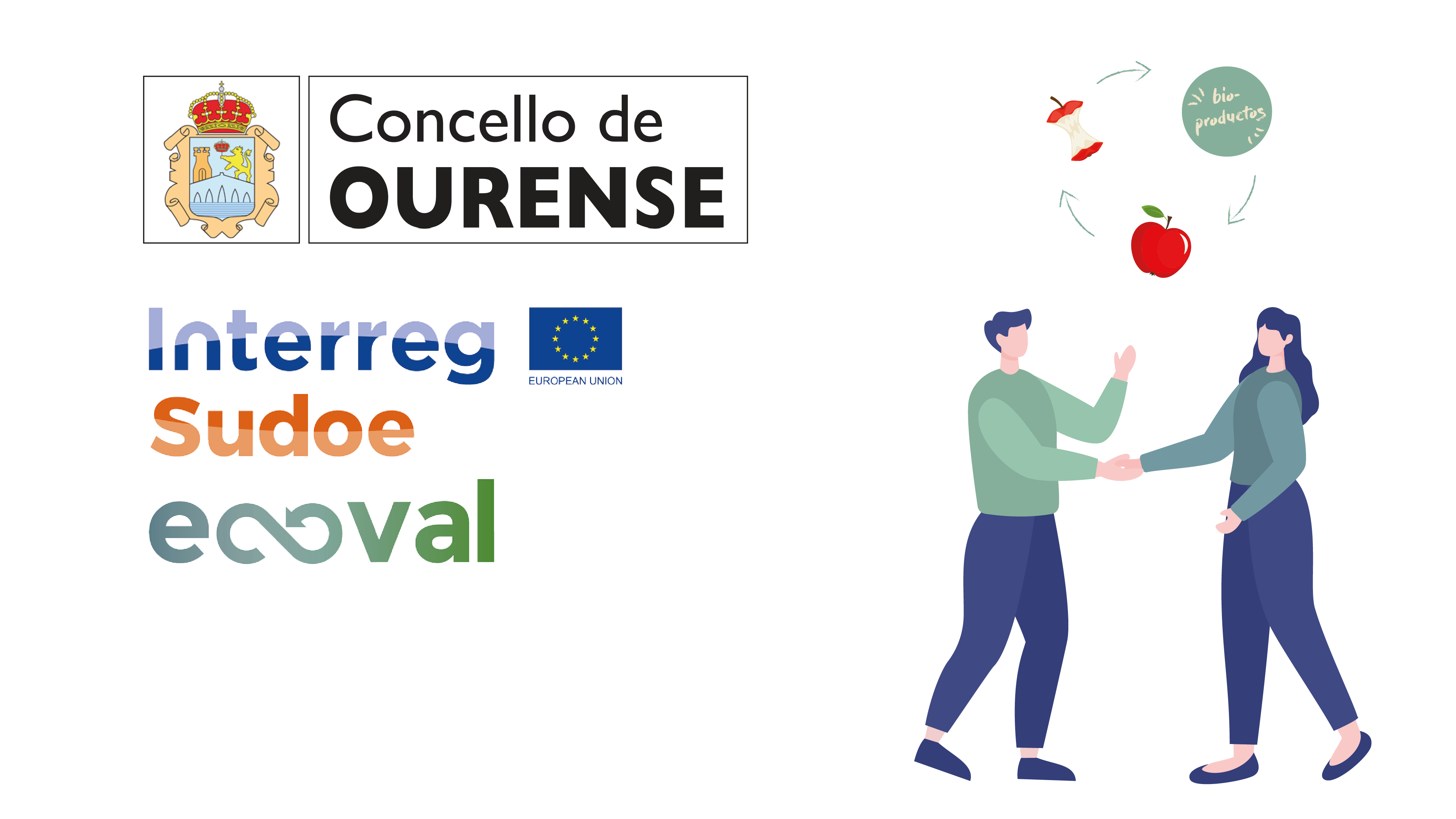Ecoval Sudoe goes a step further in its commitment to the implementation and correct use of the brown bin by creating a map that allows visualising the first separation bins for the organic fraction installed in different cities of the European Union. This tool is a new commitment of the project to disseminate and raise public awareness of the importance of recycling, and in particular the proper use of the brown bin.
The “treasure map” is a playful tool with which the brown bins can be visualised geographically and was created thanks to the active collaboration with users of social networks. The aim of the map is to disseminate the evolution of the gradual implementation of the fifth container and to familiarise the general public with its presence. The map also shows that the colour code sometimes varies, with this container being blue or green in cities such as London or Oleiros.
The project’s website also contains other materials such as videos and posters or a good practice guide, which allow visitors to answer their questions about the correct separation of waste, as well as interactive games to test the knowledge acquired.
The brown bin is becoming more common in cities as a result of the European Waste Management Directive, as a key element to be able to recycle the organic fraction separately. Its implementation has been irregular so far, as not all cities have brown bins, although it should be present in all European cities by 2024.
The correct separation of waste is extremely important for projects such as Ecoval Sudoe. Without proper separation, innovative processes such as the one implemented by the project could not be carried out.
Campaign “Another bin, are you in?”
The “treasure map” is a new element of the campaign “Another bin, are you in?”, launched by the Galician University Enterprise Foundation (FEUGA) for the European Week for Waste Reduction (EWWR) 2021. The campaign focused on raising public awareness of the importance of correct waste separation, with a special focus on organic waste, the brown bin and the inappropriate use of the toilet as a waste bin.
In June 2022, the campaign was awarded the European Special Prize in Brussels in recognition of its impact, creativity and participatory nature. The European Week for Waste Reduction is the biggest waste prevention awareness-raising event in Europe, which was an important media boost for the Ecoval Sudoe project and confirms its good work in the field of communication and public awareness-raising.

